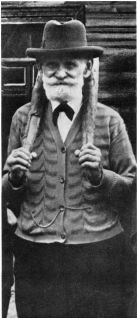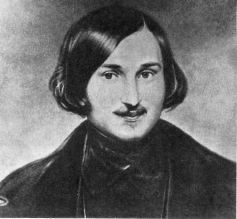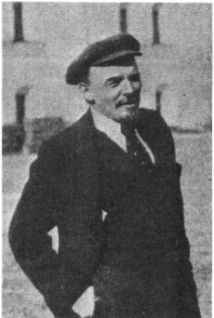candidates of the Party Central Committee disappeared. The senior officer corps of the armed forces suffered severely. According to one sober account 'two of five marshals of the Soviet Union escaped arrest, two of fifteen army commanders, twenty-eight of fifty-eight corps commanders, eighty-five of a hundred ninety-five divisional commanders, and a hundred and ninety-five of four hundred and six regimental commanders.' The havoc wrought by the purge among naval commanding personnel was equally great. The removal of Yagoda from the NKVD was accompanied by the arrest of his leading collaborators… The Commissariat of Foreign Affairs and the diplomatic service were hard hit… Almost every commissariat was deeply affected.
The purge swept out in ever-widening circles and resulted in wholesale removals and arrests of leading officials in the union republics, secretaries of the Party, Komsomol, and trade-union apparatus, heads of industrial trusts and enterprises, Comintern functionaries and foreign Communists, and leading writers, scholars, engineers and scientists. The arrest of an important figure was followed by the seizure of the entourage which surrounded him. The apprehension of members of the entourage led to the imprisonment of their friends and acquaintances. The endless chain of involvements and associations threatened to encompass entire strata of Soviet society. Fear of arrest, exhortations to vigilance, and perverted ambition unleashed new floods of denunciations, which generated their own avalanche of cumulative interrogations and detentions. Whole categories of Soviet citizens found themselves singled out for arrest because of their 'objective characteristics.' Old Bolsheviks, Red Partisans, foreign Communists of German, Austrian, and Polish extraction, Soviet citizens who had been abroad or had relations with foreign countries or foreigners, and 'repressed elements' were automatically caught up in the NKVD web of wholesale imprisonment. The arrests mounted into the

Michael Lomonosov

Dmitrii Mendeleev

Nicholas Lobachevsky

Ivan Pavlov

Maxim Gorky and Theodore Chaliapin

Nicholas Gogol

Anton Chekhov

Nicholas Chernyshevsky

Michael Lermontov

Alexander Pushkin

Boris Pasternak

Alexander Herzen

Dmitrii Shostakovich

Waslaw Nijinsky

Anna Akhmatova

Modest Musorgsky

Peter Tchaikovsky

Ernest Ansermet, Serge Diaghilev, Igor Stravinsky, and Serge Prokofiev

Leon Trotsky

Joseph Stalin

Lenin

Nikita Khrushchev

Stalin's Funeral.

Soviet Leaders at Kremlin Meeting of the Supreme Soviet Celebrating the Fiftieth Anniversary of the Bolshevik Revolution, November 4, 1967.
millions; the testimony of the survivors is unanimous regarding crowded prison cells and teeming forced labor camps. Most of the prisoners were utterly bewildered by the fate which had befallen them. The vast resources of the NKVD were concentrated on one objective-to document the existence of a huge conspiracy to undermine Soviet power. The extraction of real confessions to imaginary crimes became a major industry. Under the zealous and ruthless ministrations of NKVD examiners, millions of innocents were transformed into traitors, terrorists, and enemies of the people.
Orders were even issued to arrest a certain percentage of the entire population. The total number of those taken by the political police has been estimated at at least eight million. Before the great purge had run its course, Ezhov himself and many of his henchmen fell victim to it after Lavrentii Beria, a Georgian like Stalin, took control of the N.K.V.D.
The great purge assured Stalin's complete control of the Party, the government, and the country. As frequently pointed out, the Old Bolsheviks, members of the Party before 1917 and thus not creatures of the general secretary, suffered enormous losses. Virtually all of those who had at any time joined any opposition to Stalin perished. But, as already mentioned, some devoted Stalinists also fell victim to the purge; it was on the whole that group, together with the military men, that was posthumously vindicated by Khrushchev. When the Eighteenth Ali- Union Party Congress gathered in 1939, Old Bolsheviks composed only about 20 per cent of its membership compared to 80 per cent at the Seventeenth Congress in 1934. Moreover, except for a few lieutenants of Stalin, such as Viacheslav Molotov, born Skriabin, almost no leaders of any prominence were left. For example, with the exception of Stalin himself and of Trotsky, who was murdered in 1940, Lenin's entire Politburo had been wiped out.

